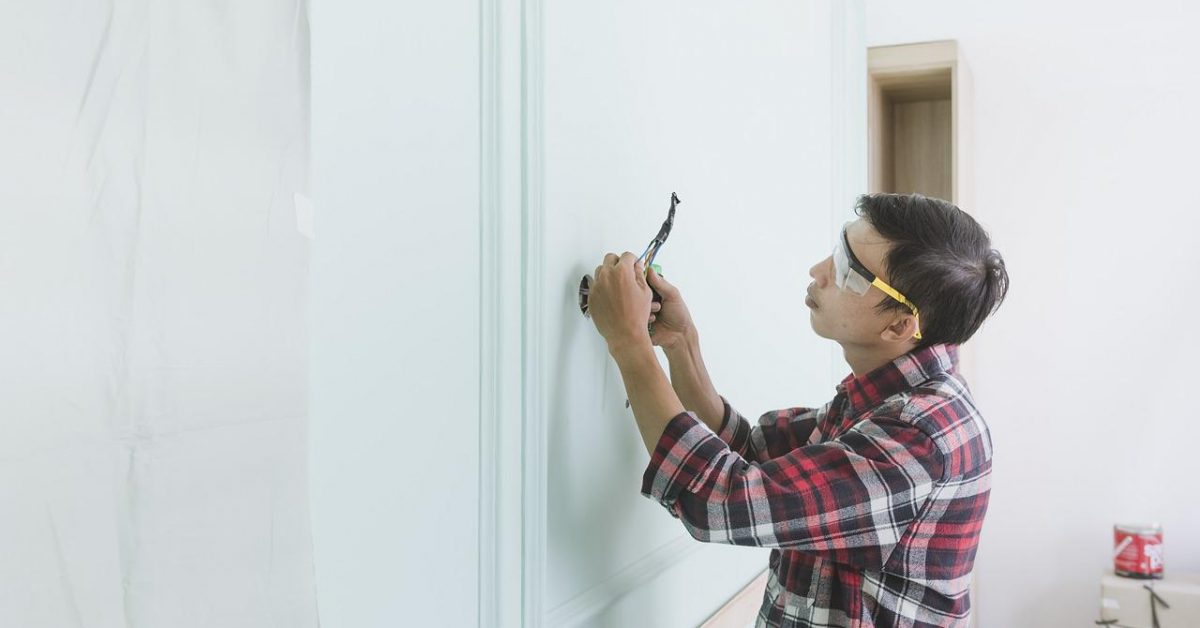The perfect home has been found, the one in the right neighborhood with the right amount of bedrooms and bathrooms. The home inspection is complete, but a few issues have been found. At this point, a home buyer has decisions to make.
What Repair Requests Can Be Made After a Home Inspection?
Structural defects found during a home inspection are the responsibility of the seller and must be fixed. In addition, Realtor.com states that the following must also be repaired by the seller:
- Water penetration such as mold or wet basement/crawlspace
- Any code and safety violations like unstable decking or missing handrails
Cosmetic issues like bold paint choices or peeling paint, nail holes, and other normal wear-and-tear are the responsibility of the buyer, not seller.
Additional Repairs To Request
Home buyers do have the option of requesting repairs they believe are the seller’s responsibility. These often go beyond obvious structural issues like a sinking foundation or mold in the basement.
Additional repairs that home buyers may request include but are not limited to:
- Replacing pipes with leaks
- Replacing galvanized pipes due to lead contaminant, low water pressure, and leaks
- Upgrading electrical wiring in a home built before 1960
- Fixing cracked window(s)
- Installing new HVAC and/or water heater
Sellers may be willing to replace old sewer lines known as “tar paper” pipes. These “tar paper” pipes are called Orangeburg sewer pipes and often found in older homes. On average, this older type of sewer pipe has a 50-year life span. However, as it ages, it can begin to disintegrate with tree roots penetrating the material. A home buyer can hire a plumbing professional who specializes in sewer pipes to inspect the system as part of the overall home inspection.
There may be additional issues that the seller is not required to fix, but that leave the buyer unhappy. When this happens, it can be possible for the buyer to request a repair credit be added to the final contract. Typically, this works best when the repair or issue has a potential cost of more than $500.
Qualified Home Inspection
Repair requests made by the home buyer, whether major or minor, usually are more credible when done in conjunction with a qualified home inspection. Not every state requires home inspectors to have specific certifications or even licensing, so it’s essential to work with real estate agent to select a qualified professional. A qualified and independent home inspector is the buyer’s responsibility. This inspector should have established credentials and belong to trade association, versus a friend or family member that “knows houses”.
Home buying can be an overwhelming experience, but knowing which repairs to request the seller to fix after the home inspection, is one less item to worry about. Timely and open communication with your trusted mortgage professional throughout the process can help to ensure a smooth and successful home buying experience.

